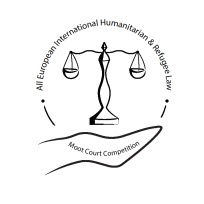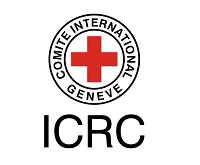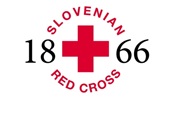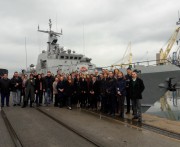1st Edition (2016)

The Faculty of Law of the University of Ljubljana organised the 1st edition of the All-European International Humanitarian and Refugee Law Moot Court Competition from 22 – 26 November 2016.
VENUE
- Faculty of Law, University of Ljubljana,
- Constitutional Court of the Republic of Slovenia (Final Round).
RELEVANT INFORMATION
The Moot Court Competition was based on the Case Study, providing for relevant facts of the case concerning a fictitious armed conflict.
The preliminary phase of the Competition involved simulations of meetings between the parties to the conflict and various international organisations, as well as between other State and non-State actors. In this stage, competitors addressed topical issues in the field of international humanitarian law and international refugee law.
The semi-final and final rounds involved a simulation of the criminal proceedings before the International Criminal Court (one team acted as the Office of the Prosecutor, the other as the Defence Team), and thereby addressed also fundamental issues of international criminal law.
8 teams from 7 different countries participated (Azerbaijan, Estonia, FYR Macedonia, Hungary, Poland, Serbia, Slovenia).
Teams from Slovenia (University of Ljubljana) and Estonia (Tallinn University of Technology) reached the final round.
The Winning Team: Tallinn University of Technology
The Runner-Up Team: University of Ljubljana, Faculty of Law
The Best Oralist of the Preliminary Rounds: Miljana Pejić (University of Belgrade)
The Best Oralist of the Final Round: Aleksi Kajander (Tallinn University of Technology)
Before the commencement of the Competition, the teams were invited to attend lectures on FRA Fundamental Rights Report 2015 and The Safe Schools Declaration: Protecting Schools from Attack and Military Use. Additionally, a special trip to the premises of the Slovenian Army’s maritime division was organised, including a guided tour of the Slovenian patrol boat Triglav.
* * *
The organisation of the Competition would not be possible without the support of the International Committee of the Red Cross, the United Nations High Commissioner for Refugees, and the Slovenian Red Cross.
 |
 |
 |





